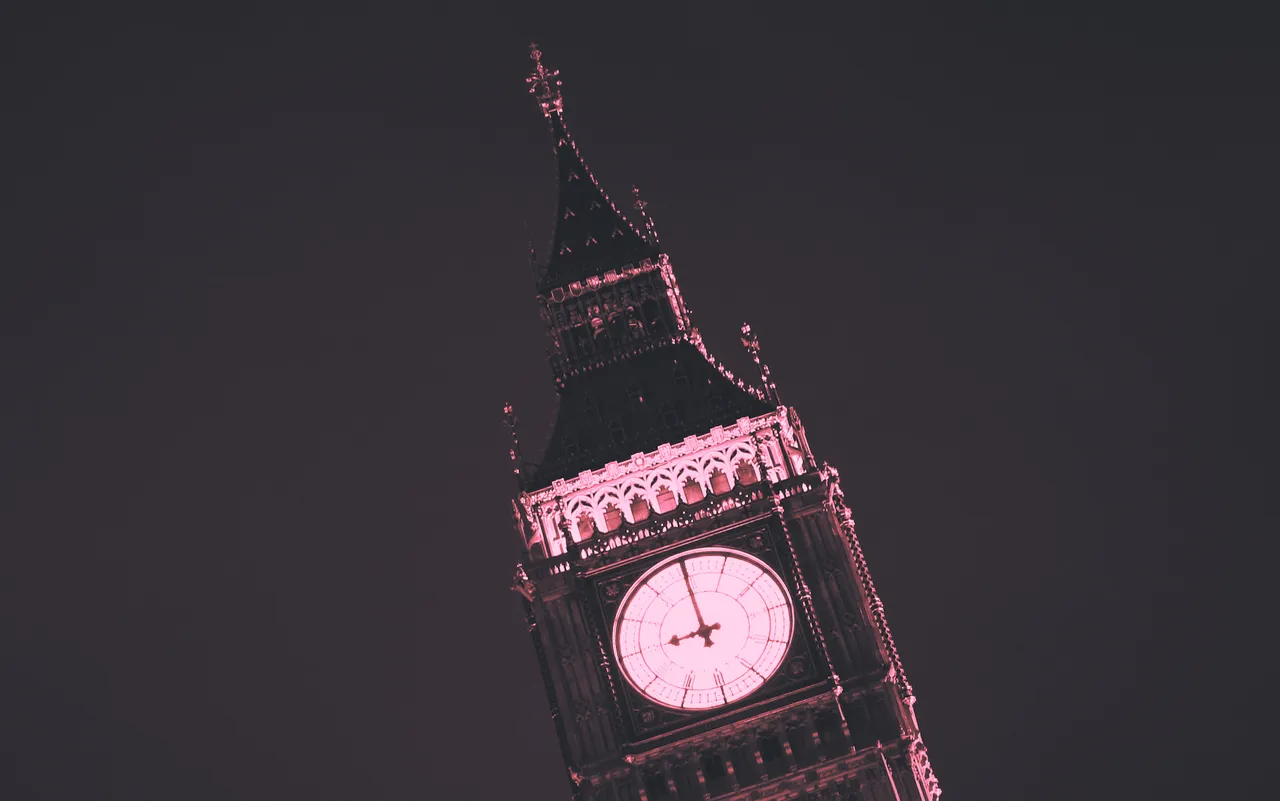One of the shows I watch is Peaky Blinders, a period drama set in the early 20th century around Birmingham, telling of a crime family's lives, loves and deaths. I don't know what the attraction is, but there is a desaturated cool, paired with a struggling main character who is immensely violent, but still has enough redeeming qualities that makes you root for him. It is definitely worth a watch.

But, I was thinking about crime in general a little today, and wondering how much of it is driven by the economy and the lack of viable alternatives for so many people, in so many places. At what point does a person recognizes the extreme unlikeliness that they will find a way out to a better life and says, "fuck it", turning to a life of crime?
It seems that there are two extremes where value of life loses meaning, where there is the very poor where crime and violence is expressed and experienced at the localized level. And the very rich, where the lives of others are only worth what they can generate in terms of wealth, but are expendable, no matter where they are. There is skin in the game of violence at the local level. The skin is proxied at the global level.
I have written before about how I get the sense that in some places, dealing with death is so common, that all life is devalued, because reminders of our own mortality are constantly there. However, in other places, there is an expectation that for example, children will grow into adults and live a long life into their eighties. For instance, at the start of Corona a client of mine was worried about her parents getting it because they were in their 90s, even though a stiff breeze would be just as likely a catalyst for their demise. In other places, people just had to get on with their lives the best they could, because they couldn't afford not to.
So, at what point?
It is not just extreme poverty that can tip someone over the edge - at what point does that entitlement at the other end set in also? At what point does someone feel that they are "above the law" or at least, that they run by a different set of laws? There seems to be some kind of gradual switching in the minds of some people, where perhaps they slide into despair at the lower end and boredom at the higher, so they look to chase a new path - even if it leads to an "untimely" end.
Perhaps crime for some is an extension of entertainment, where it becomes a highly immersive gamified process - an addictive experience that once playing, it is very hard to put the controller down. Just one more dollar, just one more high.
I wonder what the average income is of the average football hooligan - are they white collar professionals?
There are all kinds of different crimes out there, but I wonder how much the general state of the economy plays in pushing new people down that path and, what kinds of crimes "trend" in different economic conditions. Are white collar crimes higher or lower in a recession compared to a boom? Do more people turn to "avoidance drugs" when the economy is struggling? Is the general level of crime higher or lower at the peaks or the troughs?
Of course, violent crime seems to get the majority of the attention, but I think this is because it is more fear invoking, so the media will focus on it to generate clicks. However, I wonder when "normal people" turn - when does someone say, "this is me now, I am going to break the law with intention".
Most of the crime stories there is very little time spent on the road into becoming a criminal, but a lot of the time there is time on the "trying to get out" aspect. I think this is because people want to see the bad guy redeem themselves, but they don't necessarily want to acknowledge, that the same bad guy is a person very much like themselves, that just got pushed a little further, and the switch flicked.
I think most people have the belief that "I would never" but in reality, we are all so very much the same, that it just takes the right set of conditions, and we would.
“You can change what you do, but you can’t change what you want.”
— Tommy Shelby, Peaky Blinders, Series 3: Episode 3
Taraz
[ Gen1: Hive ]